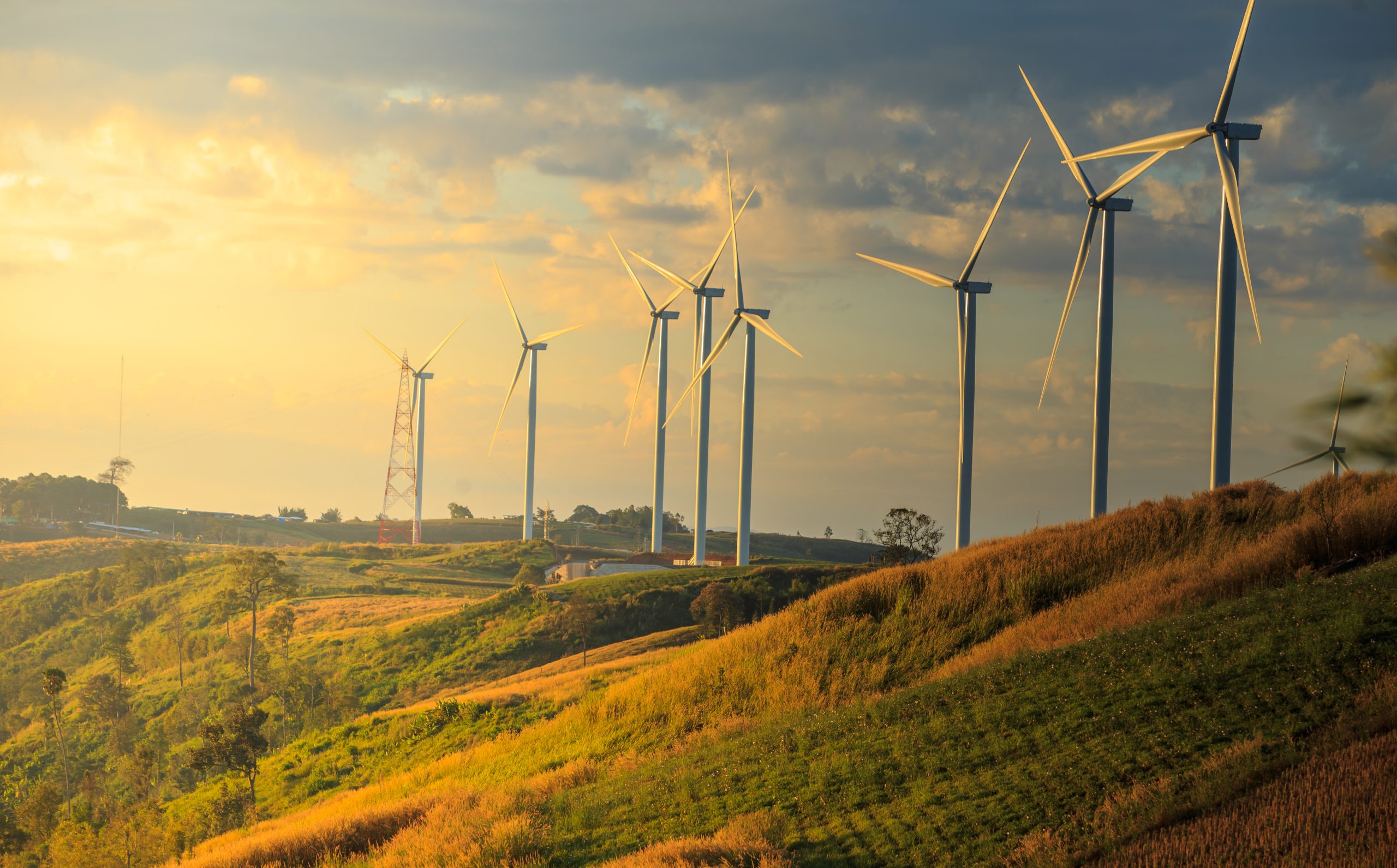
Commitment to net – zero requires mass reallocation of labour
Recent reports by Bain & Company reveal that executives overwhelmingly believe that reducing carbon emissions and reaching net – zero is among their top priorities. Companies having a net zero commitment is something that has only been recently welcomed. In previous years, the aim to become net – zero posed hurdles that could compromise companies’…
Companies having a net zero commitment is something that has only been recently welcomed. In previous years, the aim to become net – zero posed hurdles that could compromise companies’ long-term strategic planning. However, today, things are different. According to Bain & Company, four out of five executives say having a net zero commitment is critical, and almost all of the surveyed executives & directors expect their industry to continue in that trend.
So why are these changes happening now?
In recent reports by BNP Paribas, two elements have become the key drivers behind this move towards net – zero. Firstly, with Asia-Pacific’s extensive coastlines, several small island states and low-lying areas, countries in the region are under considerable threat from global warming and rising sea levels. Secondly, as tension from at-risk communities, local media and companies mounts, more regional governments are taking their climate responsibilities seriously and propelling policy changes, leading to top-down action.
So, how will this affect the talent acquisition and renewable energy jobs market? According to McKinsey, the move towards net – zero would necessitate a mass shift of labour between sectors. For example, greening the automotive industry would create 52 million new roles, while agriculture and the power sector would see substantial net gains in the number of positions created. We anticipate this extensive migration of talent will necessitate effort to refrain those employees in new roles. Simultaneously, it will create a net growth in jobs – giving the global economy a chance to thrive in the long term. By McKinsey’s estimation, the changes would convey roughly 200 million direct and indirect jobs.
As most teams have moved from thinking to taking concrete action, the world is beginning to adapt to the much-needed transition of becoming net – zero. With more governments, companies and financial institutions committing to reducing carbon emissions, institutional investors have realised that they cannot afford to be left behind. According to BNP Paribas’ 2021 ESG Global Survey, investors making renewable energy investments in the APAC region are emerging as pioneers among their global peers, while participants in renewable markets worldwide are taking note.
If you are a company considering hiring, we welcome the opportunity to present our services and capabilities. If you are a candidate, please check our jobs page or contact us to discuss your background, skills, and future aspirations. We always look forward to keeping in touch and exchanging ideas, insights, and opinions.
Sources:
-
https://www.bain.com/insights/10-takes-on-the-energy-transition-interactive-enr-report-2022/
-
https://www.consultancy.uk/news/31120/net-zero-transition-requires-mass-reallocation-of-labour
-
https://securities.cib.bnpparibas/apac-investors-net-zero-push/

Giles Dalton
Managing Director | Partner, Singapore
+65 3165 0710
EA 18S9493 | R1216422

